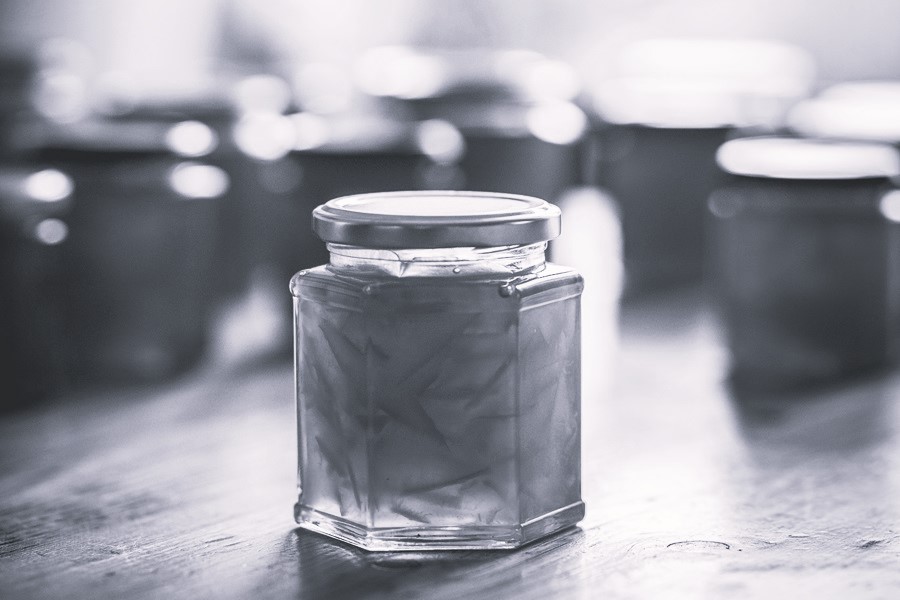You only live once and once is enough if you do it right. I told myself this the other morning as I decided to have a piece of toast with orange marmalade because when I warmed up my coffee and put the milk carton back in the fridge, there was the marmalade looking at me, a high-grade marmalade as I could see by the fact it had a French name and had bits of citrus in it and I reached for it thanks to fond associations going back to my childhood. Grandpa was from the tenements of Glasgow and for him orange marmalade was a luxury of the privileged classes and so eating it was to rise above your assigned station in life if only for a few minutes.
I put the bread in the toaster and now I wonder who invented this fabulous little ordinary machine so I google it and the toaster, it turns out, was developed in stages by several men between 1893 and 1919 when a Minnesotan named Charles Strite came up with the pop-up toaster. And so the toast pops up and I butter it and spread marmalade on it, not Walmart marmalade but imported, such as royalty would expect to be served at Windsor Castle, and instantly, my day brightens.
This happiness is the result of taking a nearsighted view of life as opposed to the kind in which you wake up and begin thinking about the Middle East. I wake up and look at the head on the pillow next to mine and arise and put on my pants and empty my bladder and go for coffee and find marmalade and think of Mr. Strite who, a few years after my mother was born in Minneapolis, perhaps a few miles away from her family’s home on Longfellow Avenue, put a timer in the toaster that sprung a spring and up came bread toasted to a degree you the customer chose, unlike the 1893 pioneer model that tended to burn it.
For years our ancestors became accustomed to eating charred toast in the morning, accepted it along with smallpox and diphtheria and the Ku Klux Klan, and then a smart guy solved the problem. This sort of thing happens on a daily basis. Prior to the toast, I ingest a blood thinner that saved me from the fate of my uncles who died in their late fifties. Also a horse pill that fends off brain seizures such as lead to the inability to form words and other problems even worse. Life without seizures is a beautiful life. You have to have stood, mouth agape, brain blank, people asking, “What’s wrong?” in order to appreciate this.
Some mornings I look at the Times and face up to the cruelty and ignorance and outright evil adrift on this small but beloved planet, and this morning I experience marmalade, Grandpa, my mother four years old encountering Mr. Strite’s pop-up, and then I go for a walk down the street in childlike innocence enjoying the social encounters between dogs and the heroism of manual labourers and the good manners of fellow pedestrians. I descend into the subway and catch the downtown C train because, having grown up in the rural Midwest, train riding is a privilege and pleasure, even if it’s only to 42nd Street, and once there, I pass between the stone lions to ascend to the Rose Reading Room at the library and sit among students, predominantly Asian, and write, or think about writing.
From the marmalade to the long table with green lampshades, I’ve chosen one pleasure after another, and when noon approaches, I have a lunch wagon in mind in Bryant Park, which offers an Italian sausage in a bun. Walking around the park eating a sausage with mustard is my idea of what a real city guy does, a guy with places to go and things to do, so why waste an hour and a half sitting at a table with a tablecloth with three people who are outraged by something in this morning’s paper and eager to share their umbrage, which is sound and fury signifying nothing, whereas my heart is beating, I can form words even if I choose not to, and my Grandpa is with me, a stern old Scotsman incapable of saying “I love you” to a child, but he loved marmalade and so do I and that, my dears, is all I can ask for.








